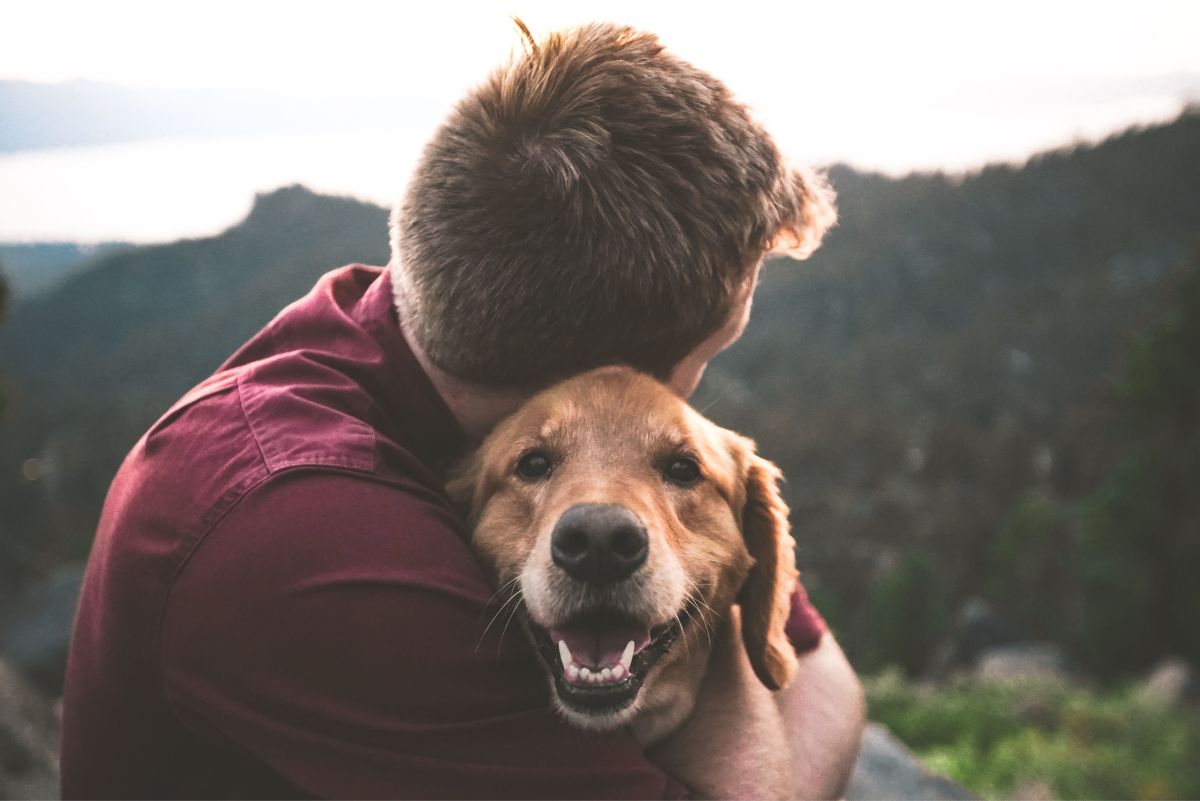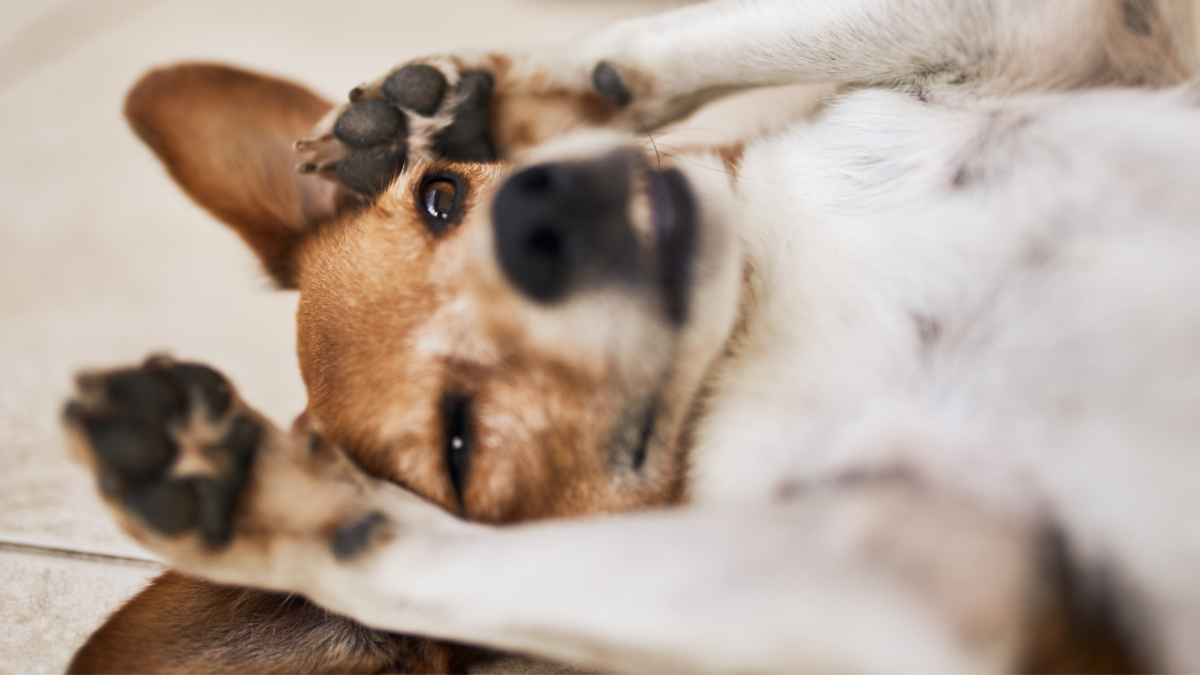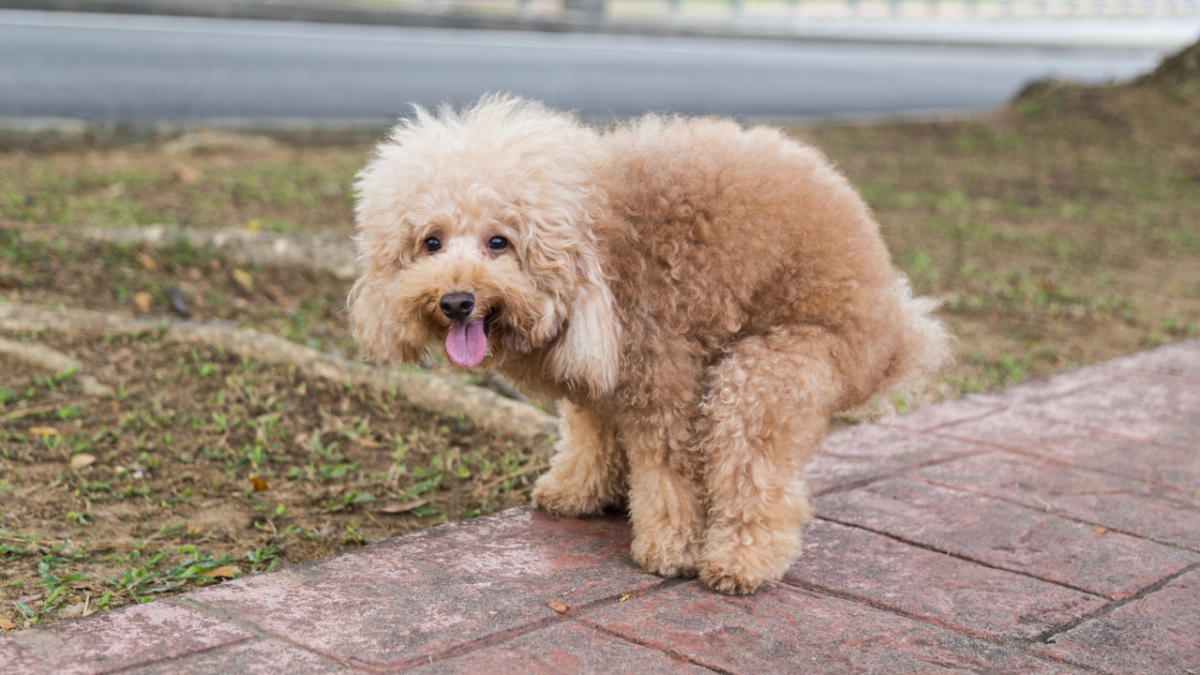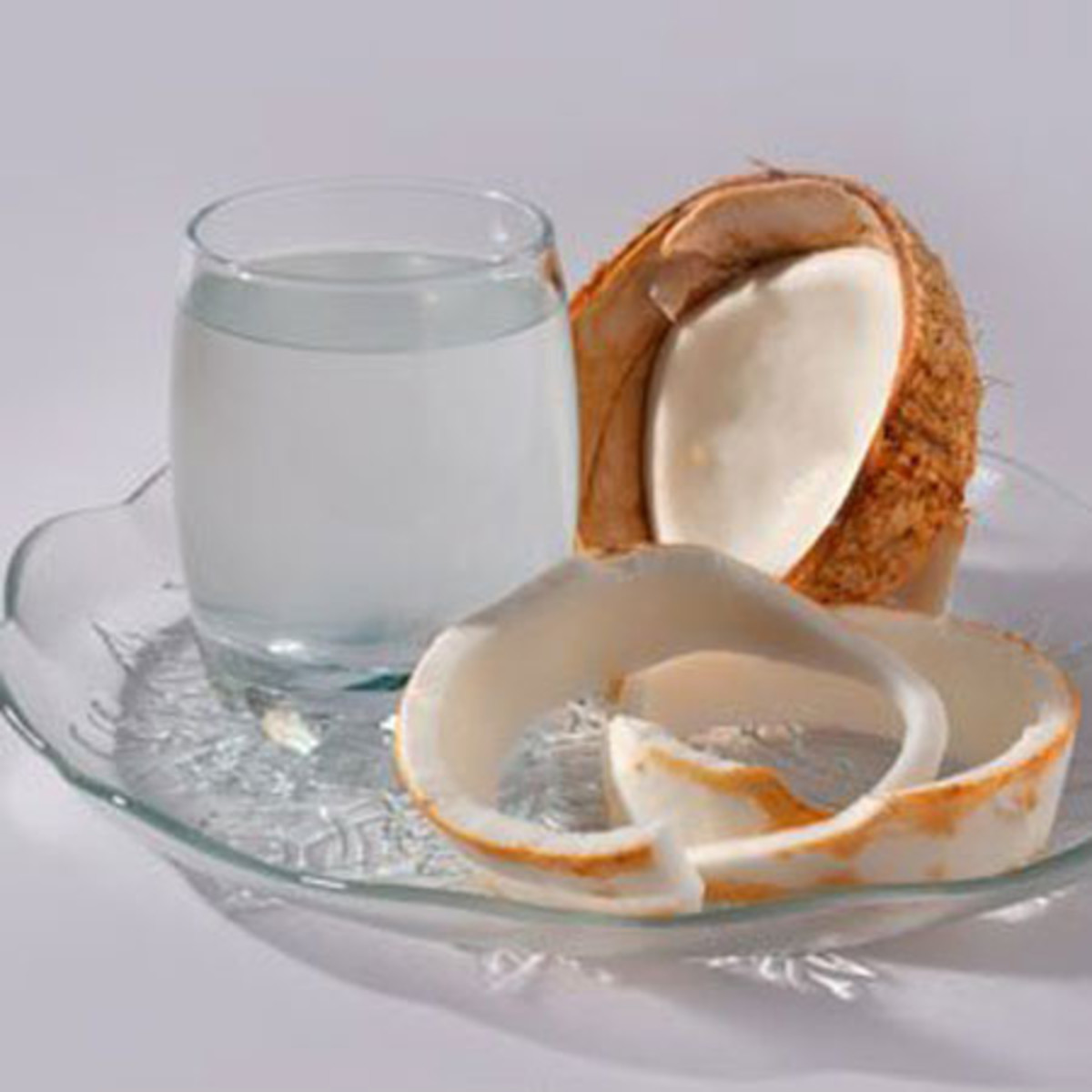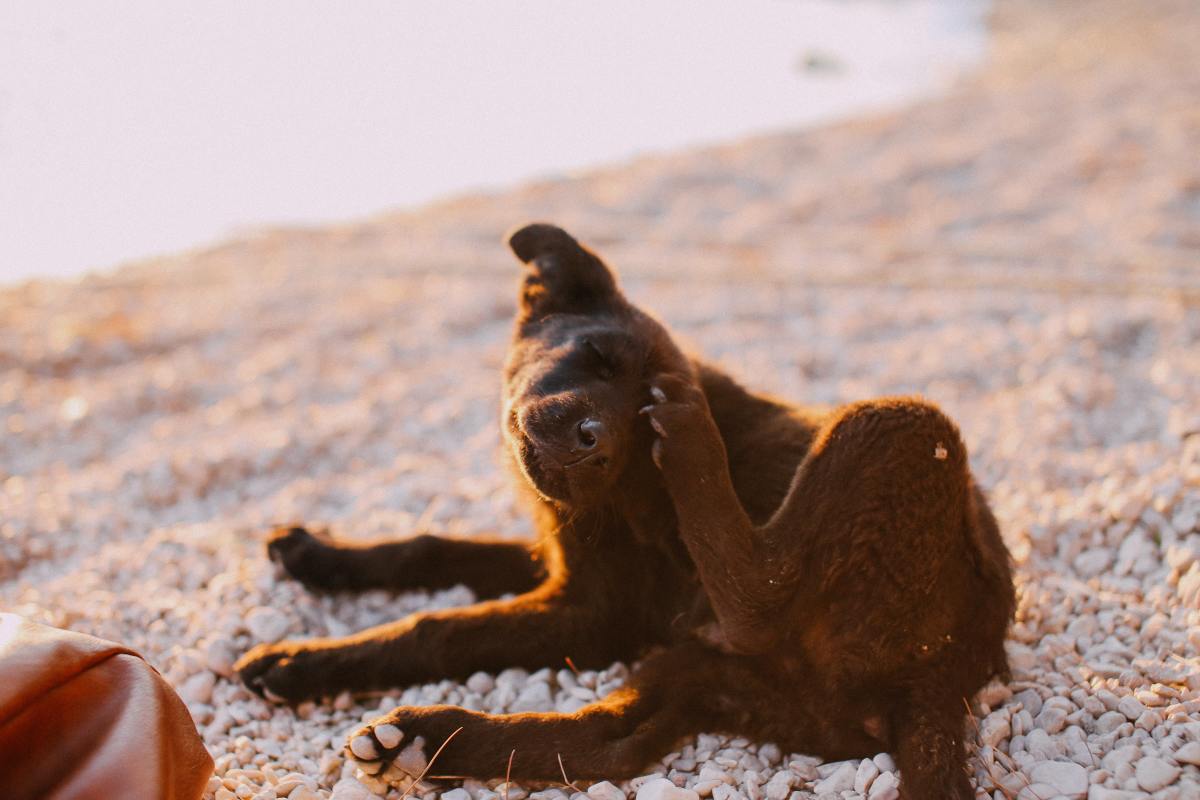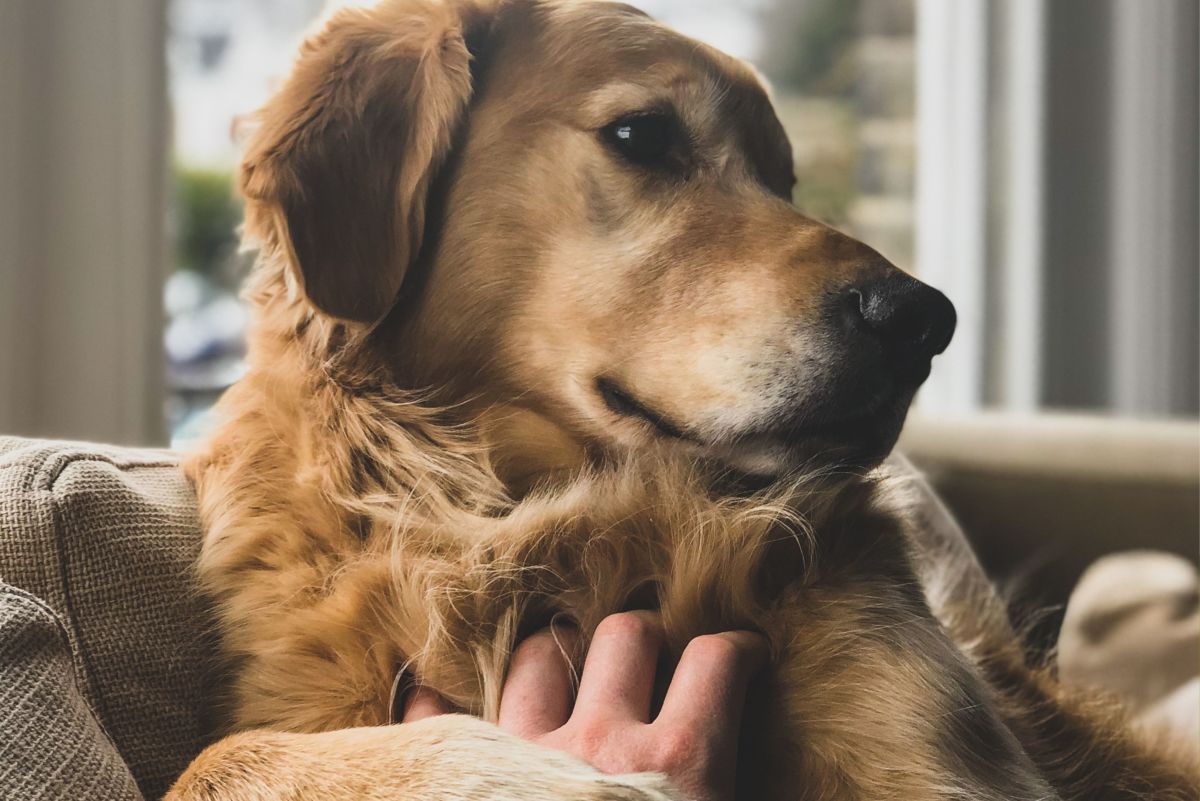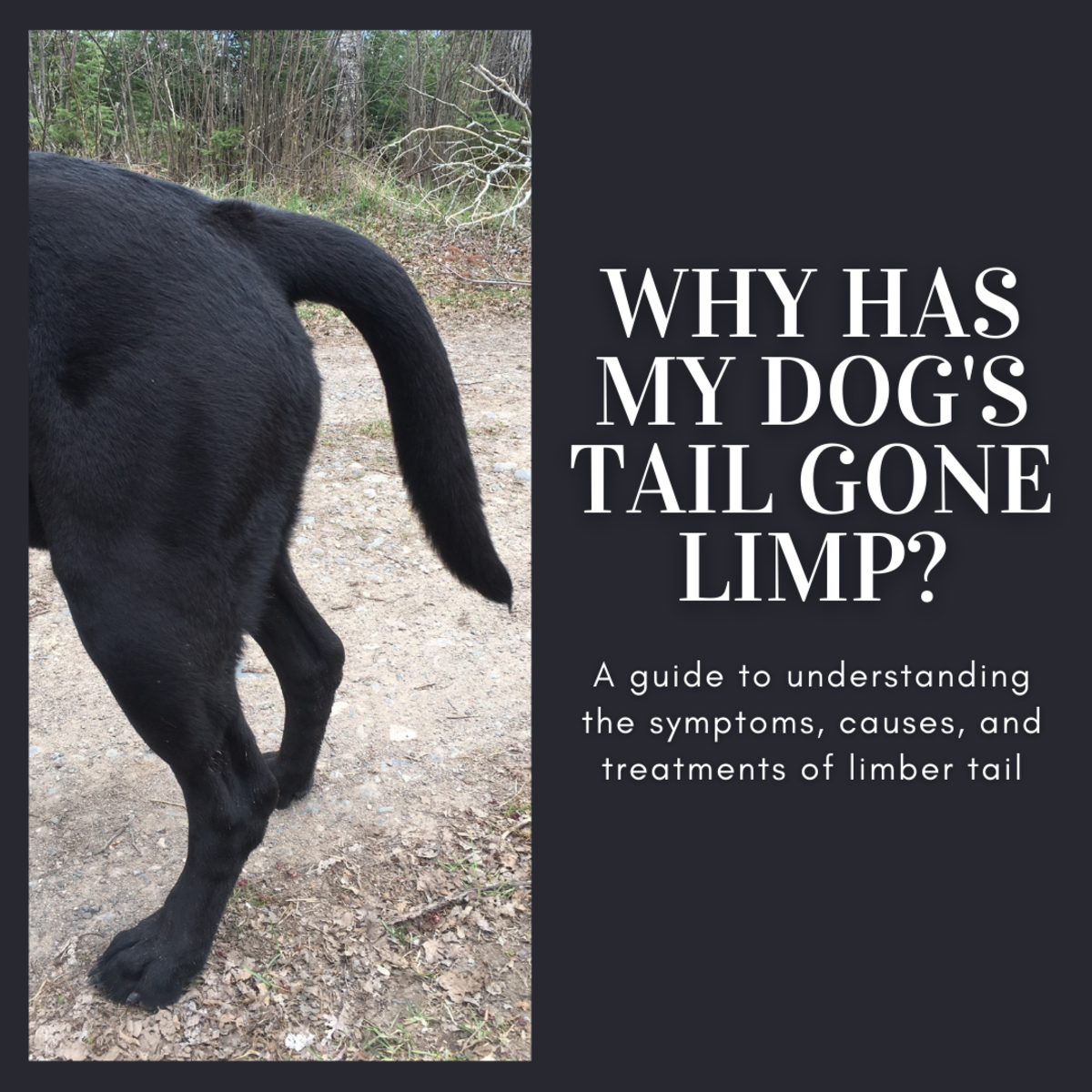Guide to Stopping Doggie Diarrhea in Four Highly Effective Steps
Scavenging may lead to diarrhea
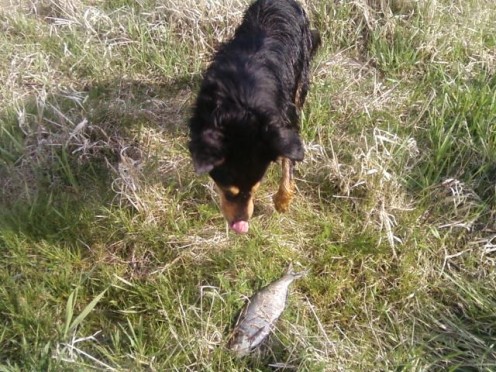
Dog diarrhea! Yikes!
Few things are more distressing to a dog owner than their dog having stomach problems. Diarrhea is common in puppies but will happen occasionally throughout the dog's adult life as well.
Diarrhea, if not treated,
can turn into an inflammatory cycle that can be difficult to break. In order to get rid of the problem, you need to give the stomach a while to calm down and make sure the inflammation dies down.
Fortunately, it can be treated with easily-obtained supplies before it turns into a lasting problem.
(note: This guide should be used to treat dog gastrointestinal distress brought on by diet, scavenging, or consumption of inappropriate foods. It will not help with other causes of diarrhea and is not a replacement for proper veterinary treatment.)
WARNING!!
If the dog shows any of these symptoms, go to the vet immediately:
- Vomiting blood or what looks like feces
- Not eating or drinking
- A hard, distended abdomen
- Listlessness, depression, fever
- Pain upon pressure to the abdomen
- Worms or worm segments in stool
- dark, blackish blood in the diarrhea (bright red blood is not always a cause for concern; see note at the bottom of the article)
- Diarrhea that does not stop after several days of treatment
Supplies You Will Need
- White Rice
- Ground turkey: the frozen "plastic bullet" kind is cheap; thaw it first
- Canned 100% pumpkin: not pie filling
- Slippery elm capsules: I use the one below to the right
- A human probiotic tablet supplement: I use Whole Foods' 365 brand
Sick dog = sad dog
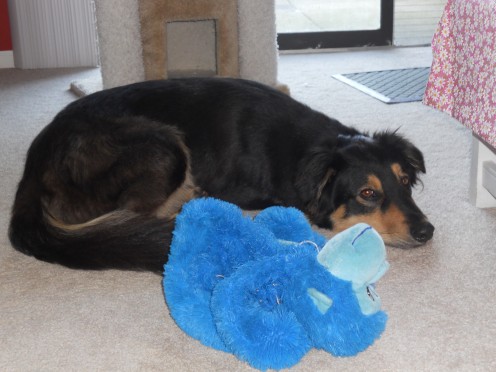
Step One: Make The Rice and Turkey
- Boil 7 cups of water in a large pot.
- Add 3 cups of white rice and the raw ground turkey.
- Set the burner temp to low, stir the mix to prevent sticking and to separate turkey, and let it cook for 25 minutes.
- Stir the mix again and let it cool.
Step Two: Figure Out How Much Your Dog Needs
Figure out how much your dog needs to eat. Do not overfeed; too much food leads to diarrhea!
My dog is active and 50 lbs. He will eat 4 cups a day. An inactive dog his size might only eat 3 cups a day. If your dog is 25 lbs., start with 1.5 cups a day. A dog larger than 50 lbs. will eat more, but not necessarily a lot more.
One guideline is to feed the dog 2 - 3% of his weight daily. If a dog is 50 lbs., you would feed a pound to a pound and a half of food per day.
Add the First Supplement: Slippery Elm
It has very few side effects, although it may inhibits vitamin absorption if taken incessantly over weeks.
Slippery Elm helps in cases of nausea, acid reflux, colitis, Crohn's, IBS, and most other gastrointestinal complaints.
Organic Canned Pumpkin
Add the Pumpkin
Add a teaspoon or two of canned pumpkin to each meal. Pumpkin is high in fiber and most dogs like the taste. Fiber will absorb moisture in the dog's colon and prevent loose stool.
You might be thinking at this point that the last thing a dog with diarrhea needs is more fiber. It does help, however, and most dog foods made for dogs with chronic diarrhea contain a lot of fiber. The fiber in pumpkin is good for dog constipation as well.
Add the Probiotic
Grind up a probiotic tablet and
add half or all (depending on dog's size) of it to the dog's meal. I use an inexpensive marble mortar and pestle for this
You can use dog-specific probiotics, but they are harder to find and are more expensive.
Continue until the dog feels better
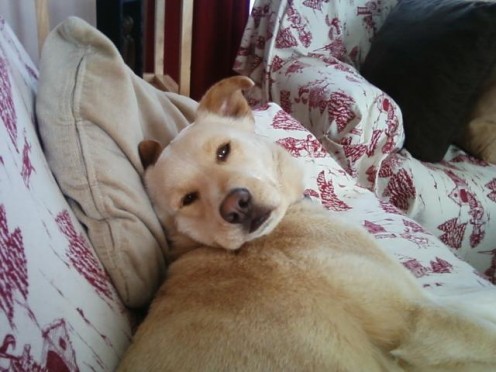
Feed This For A While
Keep feeding this mix until diarrhea has stopped completely, and then feed it for a few more days. Slowly start the transition back to your dog's regular food by mixing in regular food a little at a time. If diarrhea starts up again, back off a little.
The dog's gastrointestinal tract needs time to recuperate. If the inflammation does not have time to settle down, the problem can become chronic, and can lead to food intolerances, colitis, and other not-wonderful things.
Remember This Too:
Blood in diarrhea is not always serious. Dark blood is a cause for vet visits. Bright red blood usually results from the breaking of small blood vessels in the colon due to straining during diarrhea. This is not necessarily a cause for concern.
Diarrhea can have other causes aside from food. Worms, illness, and parasites can also cause diarrhea, and these should be treated by a veterinarian.



